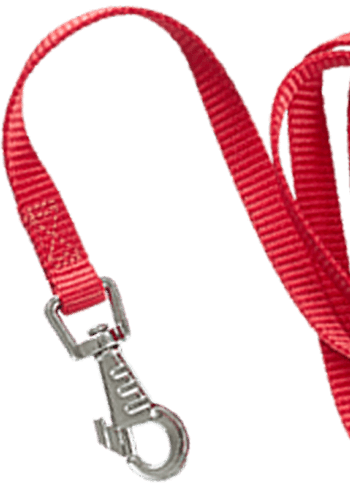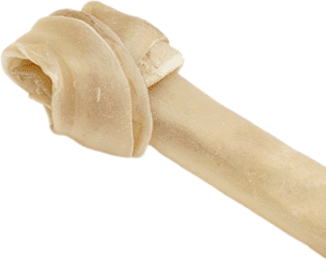


Pecans are a nutritious, delicious snack that many people enjoy. In fact, some people even grow hickory trees in their yard so they can have fresh pecans throughout the year. However, while people enjoy pecans in their foods, it’s best to avoid giving them to dogs altogether.
This is because pecans contain unique toxins and can cause dangerous side effects when consumed at high rates. Nearly all reported animal cases involve accidental poisoning, like ingesting unsafe foods. So, in this post, we’ll dive into what exactly is dangerous when dogs eat pecans and what to do if your pup accidentally had some.
Well, yes and no.
Pecans are one of the many foods that should be eaten in moderation, if at all. If your dog only consumes one or two pieces of pecan nuts, you shouldn’t be worried.
However, eating more than that—like a handful of pecans—can pose dangerous risks to your dog’s digestive system and overall health.
Here’s why: Experts mainly worry about dogs eating pecans because of their toxin presence, ability to cause stomach issues, and hard-to-see mold that may be carcinogenic.
Although delicious, pecans actually contain a toxin called juglone. Unfortunately for our canine friends, juglone is toxic to dogs. More specifically, juglone—also known as naphthoquinone—is a parent compound found in pecans and walnuts that becomes dangerous when exposed to oxygen.
Although the leaves and nuts on walnut and pecan trees don’t have a high enough amount of juglone to harm humans, there is just enough for it to be dangerous for dogs.
If your dog ate a large number of pecans (like a handful), then you should look out for signs of poisoning, such as:
If left untreated, too much juglone in the system can become fatal. Be sure to take your dog to a veterinarian right away if they begin exhibiting these symptoms.
Pecans are great snacks. After all, they’re high in protein, fiber, vitamins, and antioxidants—which is why so many people love them as a snack. But they’re also high in fat, which means that they can cause gastrointestinal (GI) issues in your pup, like excessive gas and diarrhea. Frequent consumption of pecans and other nuts can also lead to diseases like pancreatitis and gastroenteritis.
Nuts like pecans are also known to be harsh on the stomach. While some animals like squirrels can digest nuts without issue, dogs are not one of them. This is because of compounds like phytates and tannins in pecans, which makes it extra difficult for dogs to eat nuts without some side effects.
Another important point to consider is the size of pecans. Pecans are large, bumpy nuts that act as choking hazards. Depending on the pecan’s size and shape, there’s a chance that the pecan can cause your dog to choke or even cause intestinal blockages, especially in smaller breeds. Blockages and other GI stress can lead to seizures or even death, which is frightening for both owner and pup.
Although it’s hard to see with the naked eye, pecans are susceptible to growing mold. This is because pecans fall into the tremorgenic family of mycotoxins. Tremorgenic mycotoxins are produced by fungi that cause neurotoxicosis in dogs. Mycotoxin also has the potential to be dangerous and carcinogenic.
Unfortunately, mycotoxins are growing more than ever. Within the past few years, the Rapid Alert System for Food and Feed (RASFF) has found that the exceeded mycotoxins levels increased by 65 percent.
Since mold and fungal presence are hard to see on something as small and grooved as a pecan, it’s wise to stay away from them as much as possible when it comes to giving your dog a snack. Just in case, always be sure to double-check the shelf life of the pecans you buy at the store.
Like most things, moderation is the most important thing when it comes to giving your dogs pecans. A good rule of thumb is that pecans and dogs don’t mix, so you should try to avoid them altogether. This way, your dog can avoid juglone-poisoning, gastrointestinal issues, and dangerous amounts of mycotoxins.
Instead, consider giving your dog nuts that they can eat, such as peanuts and chestnuts, which are great for a snack every once in a while. There are also tons of other “people food” that are safe for dogs to snack on, like:
If you want to learn more about your Labrador’s diet, then check out Snowy Pines’ Feeding Guide!